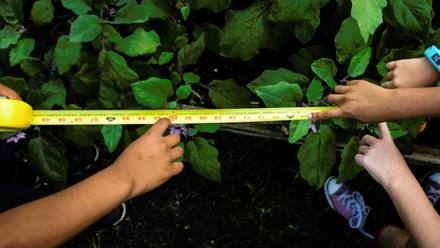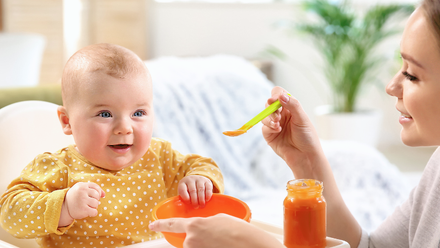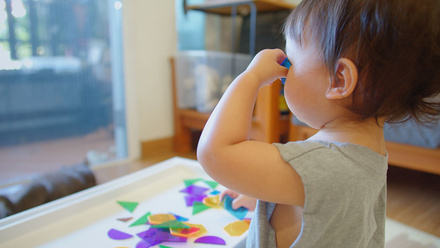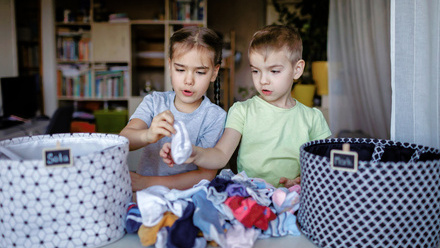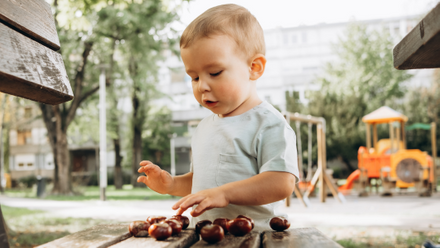Engaging maths activities to build toddlers' numeracy skills
Maths appears in many forms, from colours and shapes to patterns, measurements, and numbers. Take every opportunity to maximise numeracy in your setting through playful, continuous learning. These principles are the same ones recommended by early years frameworks across the UK, including the EYFS framework in England, the Foundation Phase in Wales, and Curriculum for Excellence in Scotland.
Toddlers love to explore, experiment, and learn through trial and error. Let’s explore some ways we can harness this magical spirit of inquiry to develop our numeracy opportunities…
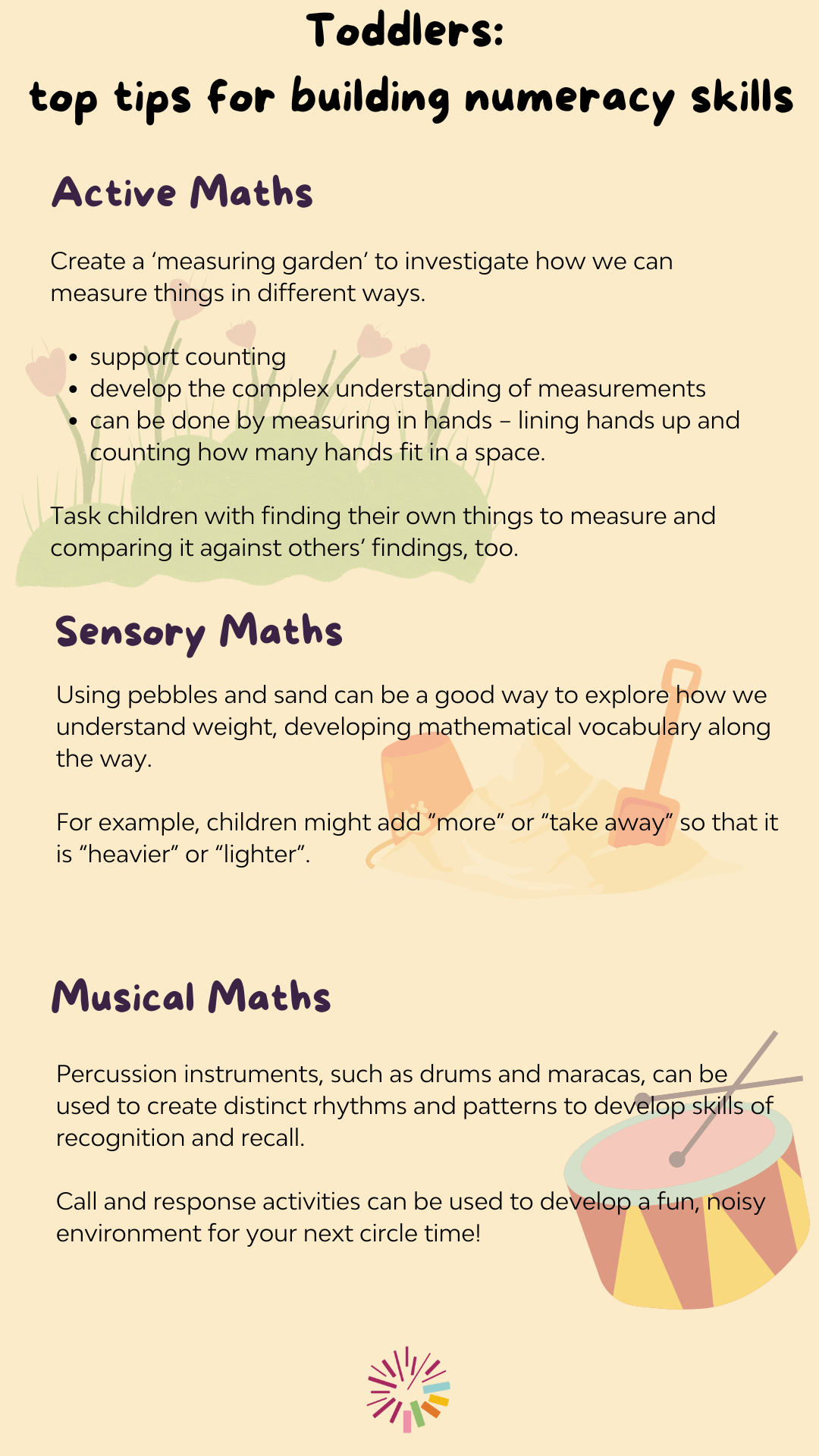
Take maths activities outdoors
There’s no reason to keep maths activities indoors—take learning outside and enjoy the benefits! Studies show that one of the benefits physical activities are that they enable us to concentrate more and that we improve our ability to problem-solve rationally by developing our executive function skills.
Outdoor play encourages large-scale exploration and creates meaningful learning opportunities for spatial reasoning, problem-solving and measurements.
Measuring garden - outdoor maths activity
Create a ‘measuring garden’ to let children investigate how we can measure things in different ways. One easy way to support counting and develop the complex understanding of measurements can be done by measuring in hands – lining hands up and counting how many hands fit in a space. Task children with finding their own things to measure and comparing it against others’ findings, too.
Exploring with sensory material
Sensory materials are great for creating engaging and stimulating provisions that can be accessed by all, regardless of their developmental stage. Open-ended provisions encourage child-led exploration, allowing educators to extend learning by following children's interests rather than directing them toward a fixed outcome.
Using pebbles and sand can be a good way to explore how we understand weight, developing mathematical vocabulary along the way. For example, children might add “more” or “take away” so that it is “heavier” or “lighter”. This is a brilliant activity to develop maths skills in your setting as it can be done indoors or outdoors, and doesn’t require specialist equipment.
Musical Maths
No early education setting is complete without music! Patterns are a big part of early numeracy but can often be difficult to implement in creative ways that accommodate to lots of learning types. Percussion instruments, such as drums and maracas, can be used to create distinct rhythms and patterns to develop skills of recognition and recall. Call and response activities can be used to develop a fun, noisy environment for your next circle time!
Next steps – developing your approach
Activities like a 'measuring garden,' sensory play with pebbles and sand, and musical rhythm games provide child-led learning opportunities that foster problem-solving, spatial awareness, and executive functioning. This approach supports key principles outlined by the EYFS framework by promoting active, engaging, and meaningful learning experiences. Keep these core ideas in mind when planning your activities for the day to naturally incorporate numeracy into a variety of tasks that you already do.

